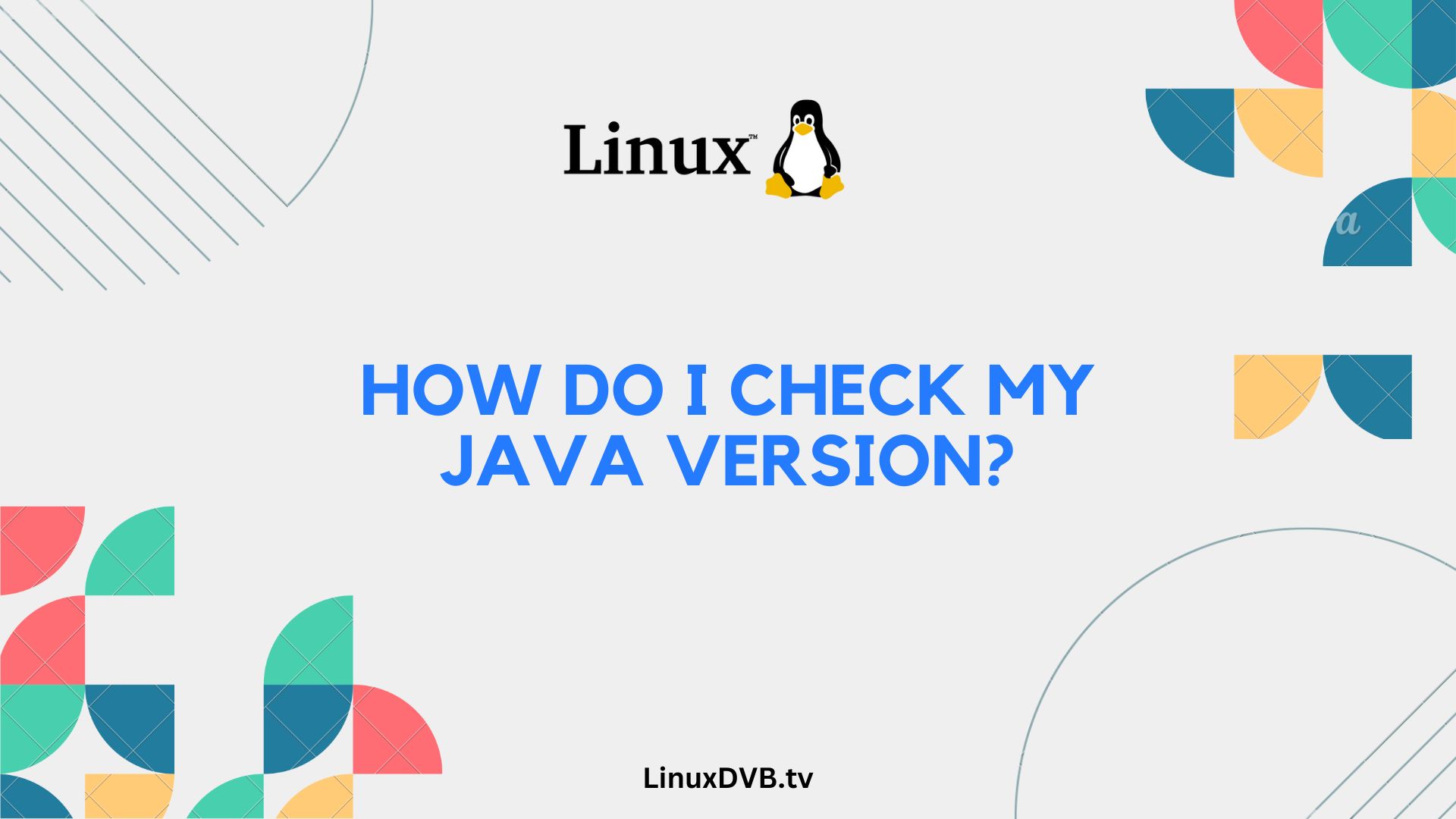Introduction
Java is a versatile and widely-used programming language, but keeping your Java version up-to-date is crucial for security and performance. Whether you’re a developer or a casual user, knowing how to check your Java version is essential. In this comprehensive guide, we’ll explore various methods to help you easily determine your Java version. From command line tools to graphical user interfaces, we’ve got you covered.
Table of Contents
How do I check my Java version?
Method 1: Using Command Prompt or Terminal
To begin, let’s start with a simple and universal method for checking your Java version. Open your command prompt (Windows) or terminal (macOS and Linux) and type the following command:
java -version
This command will display detailed information about your Java installation, including the version number. It’s the quickest way to get the essential details you need.
Method 2: Checking via Java Control Panel (Windows)
For Windows users, the Java Control Panel offers an intuitive way to check your Java version. Follow these steps:
- Open Control Panel: Go to the Windows Start menu, search for “Control Panel,” and open it.
- Access Java: In the Control Panel, search for “Java” and click on the Java icon that appears.
- View Java Version: In the Java Control Panel, navigate to the “General” tab and click the “About” button. A new window will pop up displaying your Java version.
Method 3: Using System Preferences (macOS)
If you’re using macOS, you can check your Java version through System Preferences:
- Access System Preferences: Click on the Apple logo in the top-left corner of your screen and select “System Preferences.”
- Open Java Control Panel: In System Preferences, find and click on “Java.”
- View Java Version: In the Java Control Panel, go to the “General” tab and click the “About” button. Your Java version will be displayed in a new window.
Method 4: Checking via Java Compiler
Developers often need to check their Java version within their development environment. If you’re using a Java compiler like Eclipse or IntelliJ IDEA, you can usually find your Java version in the settings or preferences menu.
Frequently Asked Questions (FAQs)
What is Java, and why should I keep it updated?
Java is a popular programming language used for various applications, from web development to mobile apps. Keeping it updated is essential for security, bug fixes, and performance improvements.
Is Java necessary for my computer?
It depends on your specific needs. If you use applications or websites that require Java, you should have it installed. However, if you don’t use Java-based software, you may not need it.
Can I have multiple versions of Java installed?
Yes, you can have multiple Java versions installed on your computer. However, managing them properly is crucial to avoid conflicts.
How do I update my Java version?
To update Java, visit the official Oracle website (for Oracle Java) or the OpenJDK website (for OpenJDK) and download the latest version. Follow the installation instructions provided.
Is Java free to use?
Java itself is free and open-source (OpenJDK), but some implementations may have licensing fees or restrictions. Always check the licensing terms for your specific Java distribution.
How do I uninstall an older Java version?
To uninstall an older Java version, go to your computer’s control panel or settings, find the Java application, and uninstall the outdated version from there.
How to check version of Java?
You can check the Java version by running the “java -version” command in your terminal or command prompt.How do I check my Java version?
You can determine your Java version by executing the “java -version” command in the command line.How to check Java version from command line?
To check your Java version from the command line, simply use the “java -version” command.Conclusion
Ensuring you have the correct Java version is vital for a seamless computing experience. Whether you’re a developer or a regular user, these methods will help you easily check and manage your Java installation. Stay up-to-date and enjoy the benefits of improved security and performance with the latest Java version.

